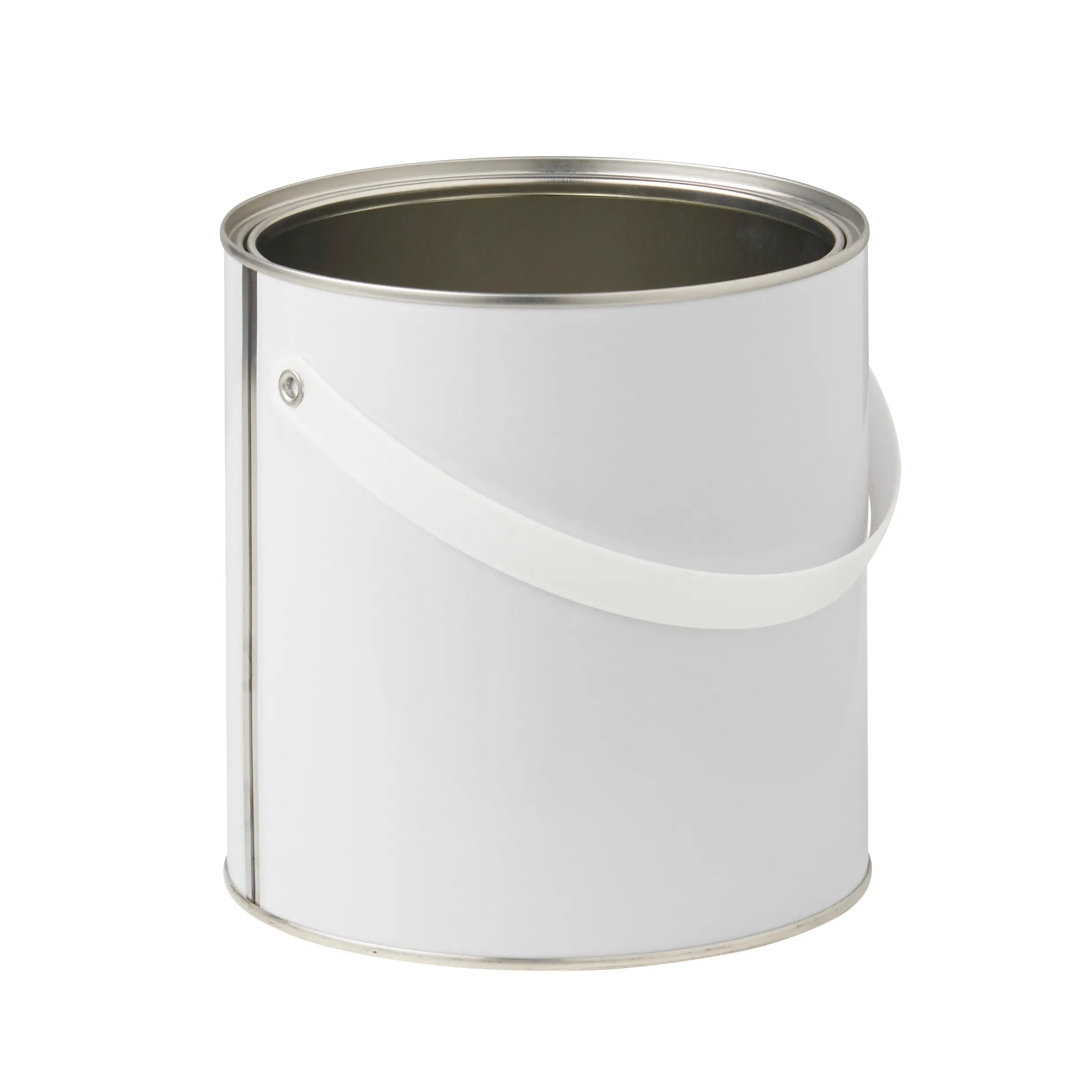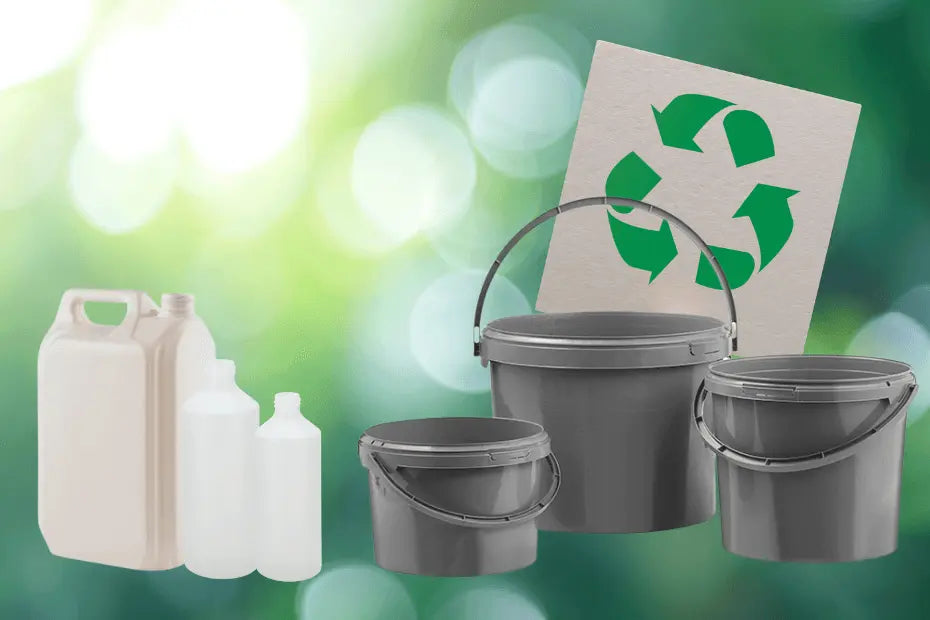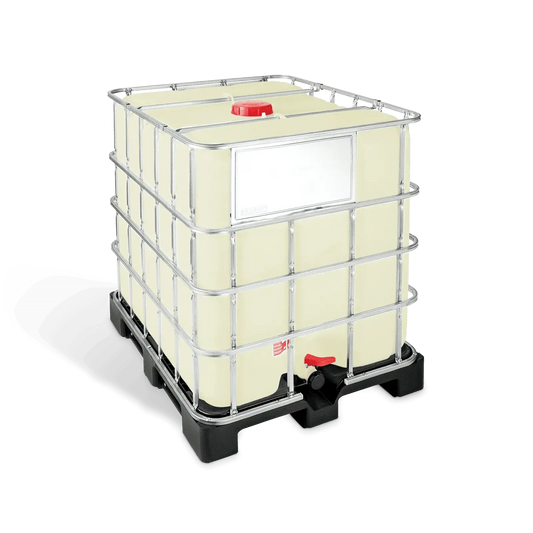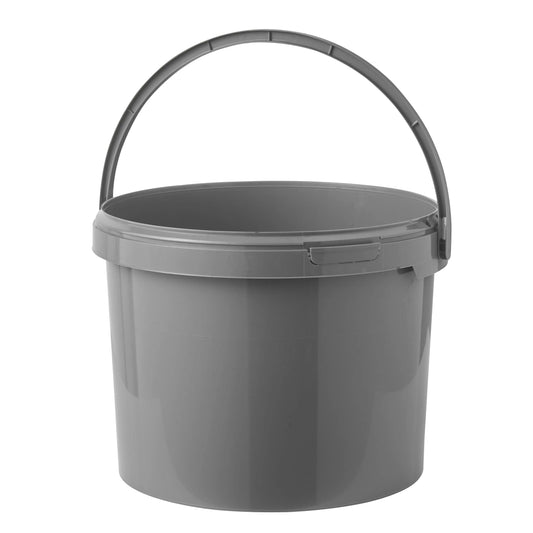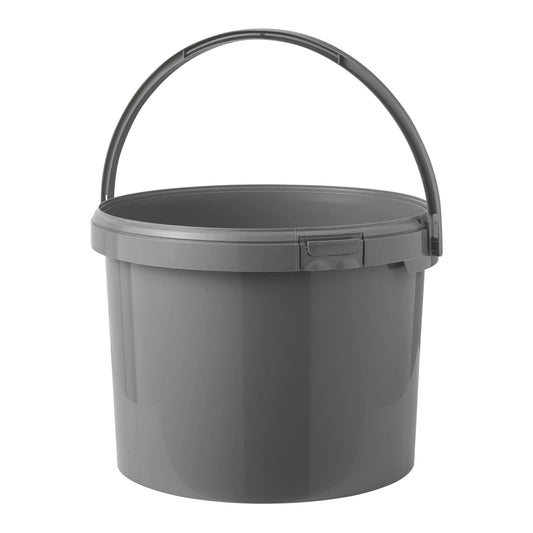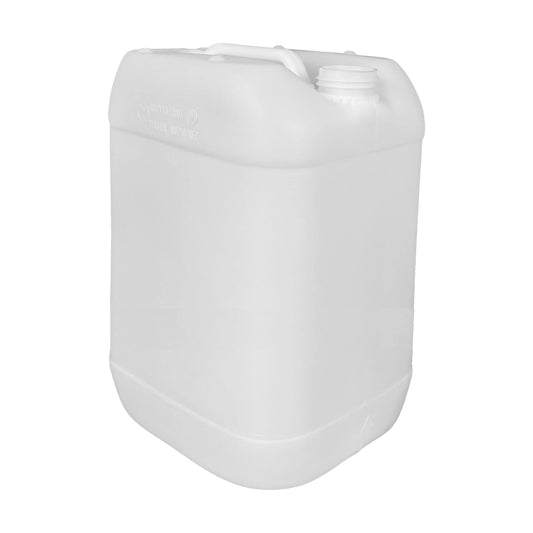There are some key environmental advantages to choosing recycled plastic over virgin polymer; it reduces plastic waste, uses less energy to produce with lower emissions, and helps to maximise our natural resources. This makes it a smarter choice for those looking for more sustainable packaging solutions.
In this article, we'll delve into the details, look into the stats and see the difference switching to PCR makes.

Recycled plastic is ground into pellets ready to be used again.
Using Recycled Plastic Packaging Reduces Plastic Waste
One of the most important reasons for using recycled plastic is that it reduces plastic waste. According to the Environmental Protection Agency (EPA), recycling one ton of plastic saves about 23 cubic metres of landfill space. Keeping plastic in use and out of landfills helps to close the loop.
Governmental legislation on plastics, including Plastic Packaging Tax, has been introduced to encourage the use of recycled plastic, by taxing virgin polymers. Packaging made from at least 30% recycled plastic is plastic tax-exempt helping to support the market for recycled plastic packaging.
Environmental taxes, such as PPT and EPR, combined with increased customer demand for recycled products have led to recycled plastic gaining market share in recent years. According to the latest government figures, the UK plastic recycling sector is predicted to grow to £2.25 billion by 2027.
Energy and Emissions Savings
Energy and emissions savings are another reason why recycled packaging is the most sustainable choice for plastic packaging users.
Producing recycled plastic uses 88% less energy than making plastic from raw materials. This is because the petroleum used to make plastic has to be extracted from deep underground reserves, which requires high energy costs.
According to the Environmental Protection Agency (EPA) recycling one ton of plastic saves 5,774 kWh of energy, 16.3 barrels (685 gallons) of oil, 30 cubic yards of landfill space, and reduces carbon dioxide emissions by approximately 1.5 tonnes.

Drilling for the petroleum that plastics are made from requires a lot of energy.
Maximising Resources
The petroleum or crude oil that plastics are made from is a finite resource. It's made from hydrocarbons and organic compounds transformed over millennia via pressure and temperature to make the "black gold" that's so essential in the modern world.
Once gone these resources can not be replaced, so how we use them matters. Recycling allows us to use petroleum-based products, such as plastic packaging, for as long as possible. Choosing recyclable and recycled HDPE and PP products helps to maximise resources and minimise waste.
The Future of Plastic - Is Recycled Plastic the Solution
Ultimately the aim is to remove our need for petroleum-based plastic altogether. But the equation is not a simple one. We still need the means to store and transport goods, often for long distances and for a long time. In many cases, plastic packaging is still the best way to do this. It is hygienic, increases product lifespan and has an excellent strength-to-weight ratio, so it uses less energy and emissions than alternatives, such as metal.
Moving to recycled plastic packaging is a step in the right direction towards sustainability, and it forms a key part of the government's environmental goals. In 2018 the UK government set a strategic ambition to, "work towards all plastic packaging placed on the market being recyclable, reusable or compostable by 2025" as well as an "ambition" of zero avoidable waste by 2050 and a "target" of eliminating avoidable plastic waste by the end of 2042.
The environmental impact of plastic packaging continues to be a key concern for businesses, governments, and consumers alike. Recycling is likely to form a central part of the solution for the foreseeable future while scientists and engineers work on alternative materials and technologies.
Invopak's Recycled Range
All the packaging we supply is recyclable and we now also offer recycled plastic packaging options. Our food grade Coex bottles are made from a recycled core with virgin plastic inner and outer layers, so they are certified safe for food and beverage use. Our 5 Litre white and natural jerry cans now come food grade PCR as standard.
Our recycled buckets are made from 70% recycled plastic, they're not suitable for food, but are an increasingly popular choice for resins, paints and coatings. They are also suitable for IML printing, so you don't have to stick to grey!
Please get in touch if you'd like to find out if recycled packaging is right for your business.
